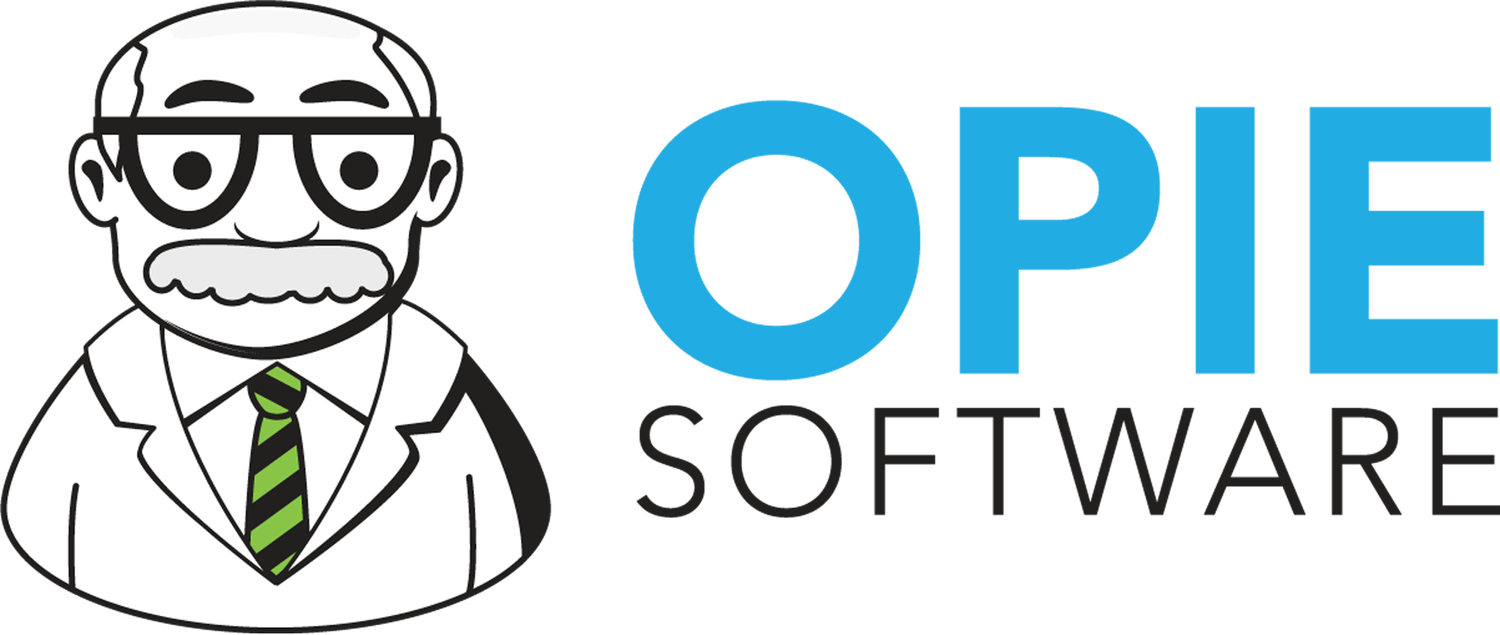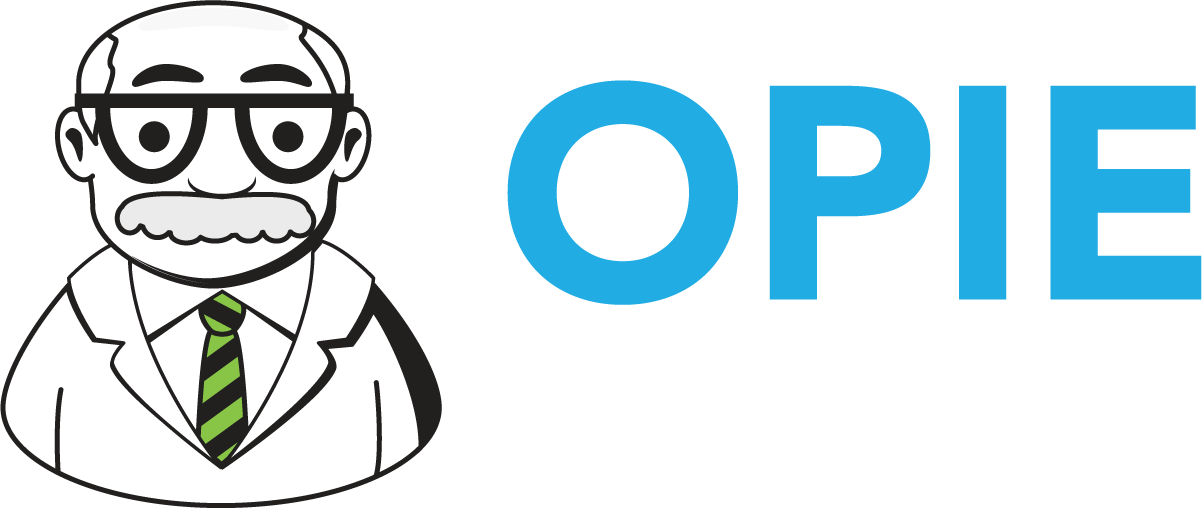Blog
Things Change (or Maybe They Don’t)
I am old enough to remember when the internet wasn’t. I can spin all kinds of tales about life before the internet and cell phones and things. Now, the pervasiveness of the internet is extreme. Basic daily activities are now intricately tied to the ‘net. But the threats that come along with that fact are often hard to internalize, so we take certain things for granted. The hackers are out there, and they are looking for low-hanging fruit. How close are you to the ground?
The Changing Meaning of Words
The French have the Académie Française that started in the early 1600’s to ensure that the French language had "exact rules" to keep communication unambiguous. We have no such thing here. Our language morphs. In September 2022, Websters added 370 new words to its dictionary. The study of words and their meaning is known as "lexicography," and they are quick to point out that the meanings of words are constantly changing.
Plan the Visits!
There is a lot we need to focus on as we run a business and attracting new patients (customers) is certainly key. Everyone knows that if we have no customers, we have no business. But a new customer and a retained customer are not the same thing.
Scientific Rigor
Running your practice is very much like managing a patient. In patient care, you start at a certain point on a continuum of mobility and then you move that patient to a higher level of mobility (hopefully). The way you know you have done it is through your objective measures, whether they are focused on balance, range of motion, locomotion, ability to perform functions, etc. You all know when your change has had the desired impact on your patient. So why would you want to manage a practice that cares for many patients with any less scientific rigor?
Leadership: Starting Where The Person Is
Over the weekend, I was talking with a friend who is getting a certification in counseling. He had just finished an exam and we were talking about the class. He said the teacher had made a comment one day in class about the importance of making a connection with the client so that you can help them. Her phase was "Are you meeting the person where they are, or are you starting where the person is?" I cocked my head to the side and raised my ears like a dog and said “Huh?”
Success to Significance
As much time as I spend reading, writing and trying to practice what I preach, an interview with former University of Florida quarterback and Heisman Trophy winner Tim Tebow a few weeks ago put a point on things for me. He said something to the effect that success alone is unfulfilling. You need to move from success to significance. That piqued my interest…what’s the difference?
Into the Unknown
If you are a regular reader, you know that I am a proponent of data. For over twenty years I have talked about the importance of objective data to tell the story of O&P. The most common response I get is that “we don’t get paid to collect data.” I understand that, to a degree. But I want to challenge that thought a bit. When it comes to knowledge there are three categories: The things we know we know (known knowns), Things we know we don’t know (known unknowns), and things we do not know we don’t know (unknown unknowns). It’s typically the largest chunk of knowledge available, but it is a “black hole” in our minds. It’s the unknown unknowns that typically bite us the hardest.
Understanding Strategy and Leadership
Last week I wrote about the importance of setting clear and measurable goals and metrics to maintain transparent accountability for you and your practice. The benefit of doing this is paramount and studies have shown that it significantly improves overall consistency and performance. It’s important to build this into the foundation of your business or you could be setting yourself up for a bumpy ride.







